Chinese scientists cloned macaques for the first time and named them "the great Chinese people"
Categories: Animals | Asia | Science
By Pictolic https://mail.pictolic.com/article/chinese-scientists-cloned-macaques-for-the-first-time-and-named-them-the-great-chinese-people.htmlFor the first time, molecular biologists from China were able to grow two full-fledged clones of the same monkey using the same technique used in cloning Dolly the sheep.
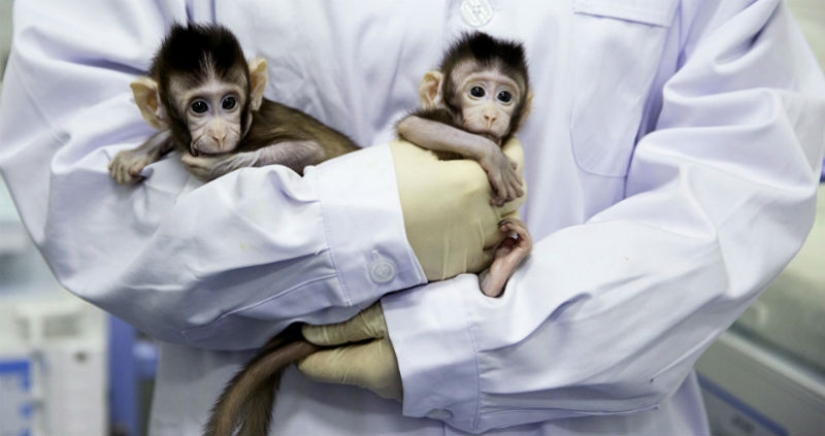 Source: CNN
Source: CNN
Qiang Sun, Director of the Primate Research Center at the KANG Institute of Neurophysiology in Shanghai
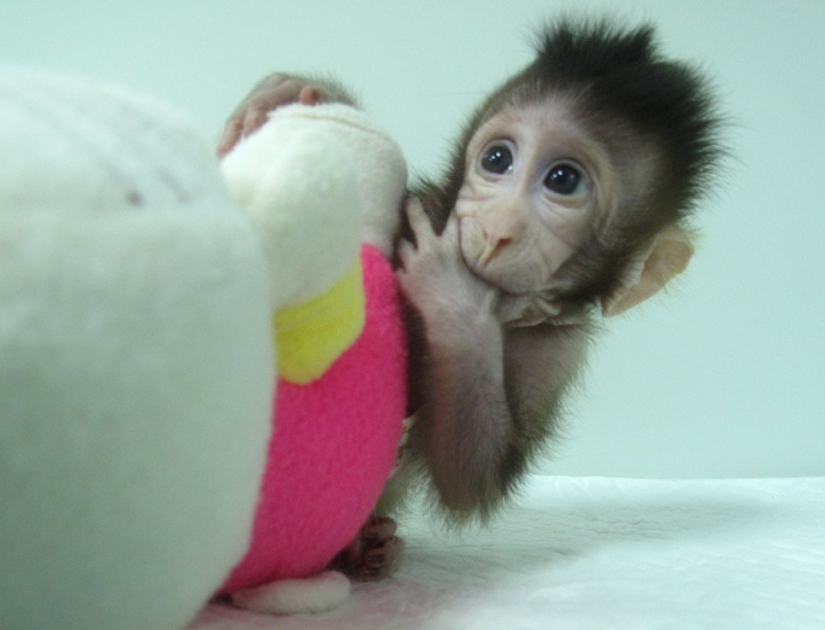
For the first time, scientists cloned an animal in July 1996 in Scotland. It was Dolly the sheep, and three "parents" were needed for the experiment: one left her his genetic material, the second transferred the first egg, and the third carried Dolly after the DNA of the first parent was transferred to the germ cell of the second.
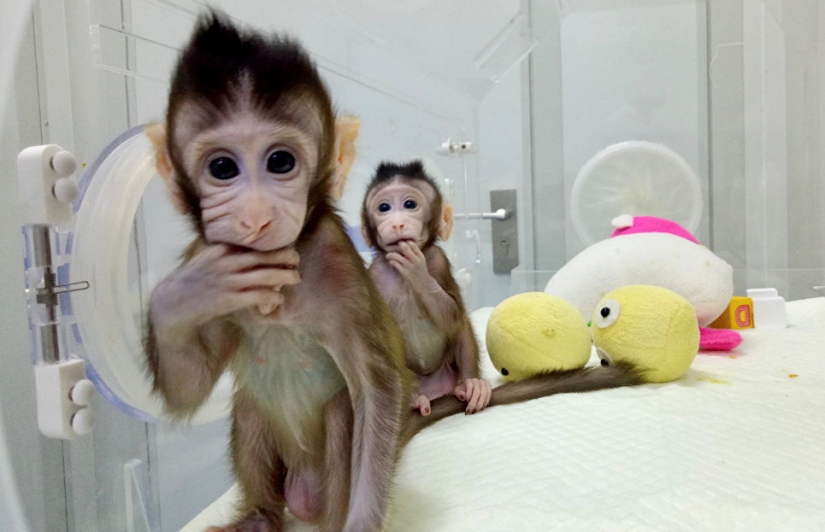
After this successful experience, no scientific team managed to clone a monkey the same way as Dolly, before that they had to go through a huge number of failures. Scientists used 127 eggs, 109 of them became embryos, 79 reached the stage of surrogacy and only in six cases the surrogate mother became pregnant, and it was successfully completed only in two cases.
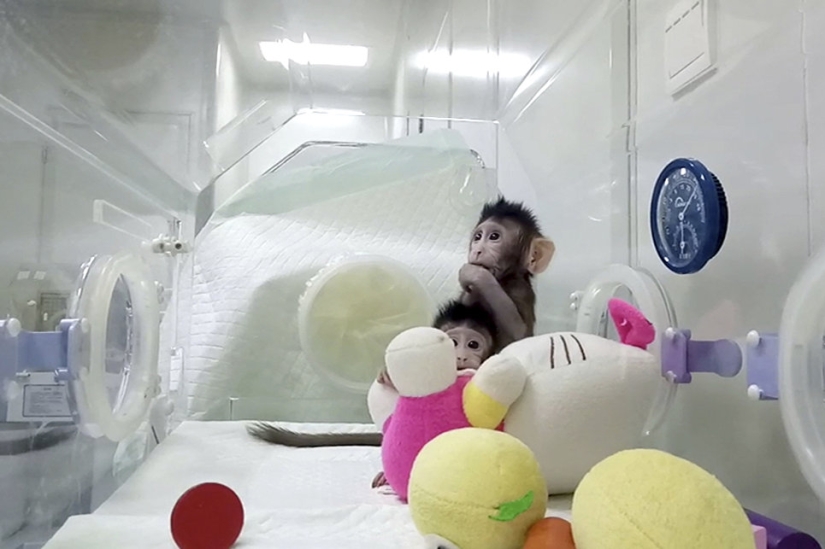
As Sun noted, the problem was solved by accelerating the transfer of the nucleus from an "ordinary" donor monkey cell to an empty egg. Scientists have also developed a special substance made of enzymes and RNA molecules that protects the DNA protein envelope from damage and causes the egg to divide after a new nucleus is inserted into it.
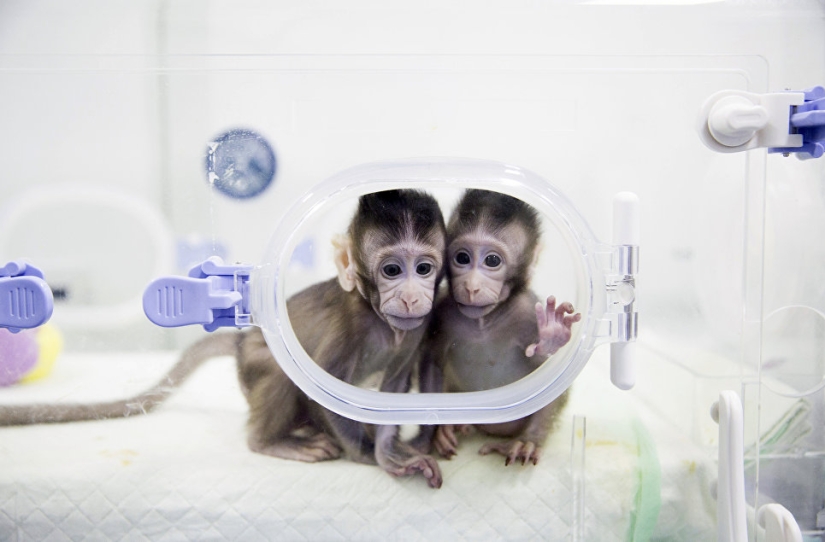
Thus, scientists managed to obtain two Javanese macaques (macaca fascicularis) with exactly the same DNA, produced by a surrogate mother eight and six months ago. The first monkey was named Zhong Zhong, and the second — Hua Hua. It turned out to be a play on words: the expression "zhonghua" in Chinese means "great Chinese people". Both cubs have no health problems and develop in the same way as other monkeys at this age.
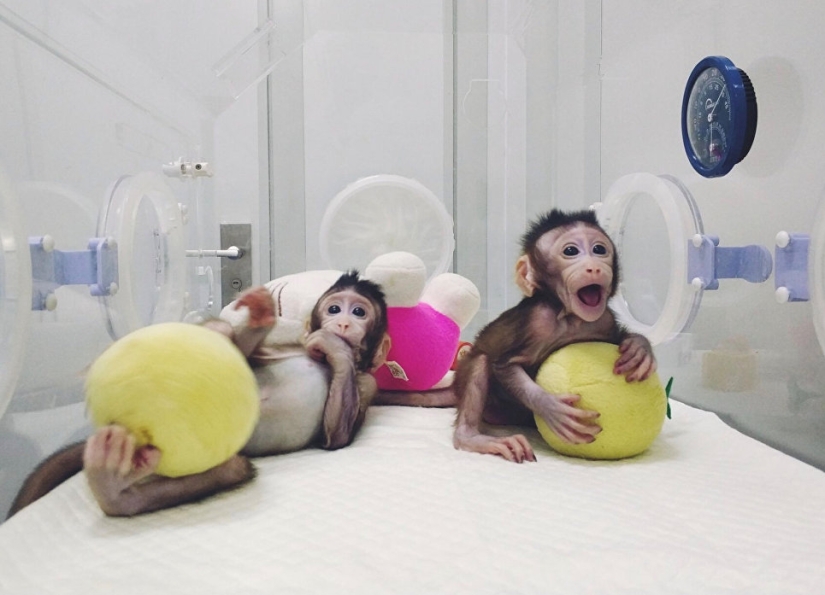
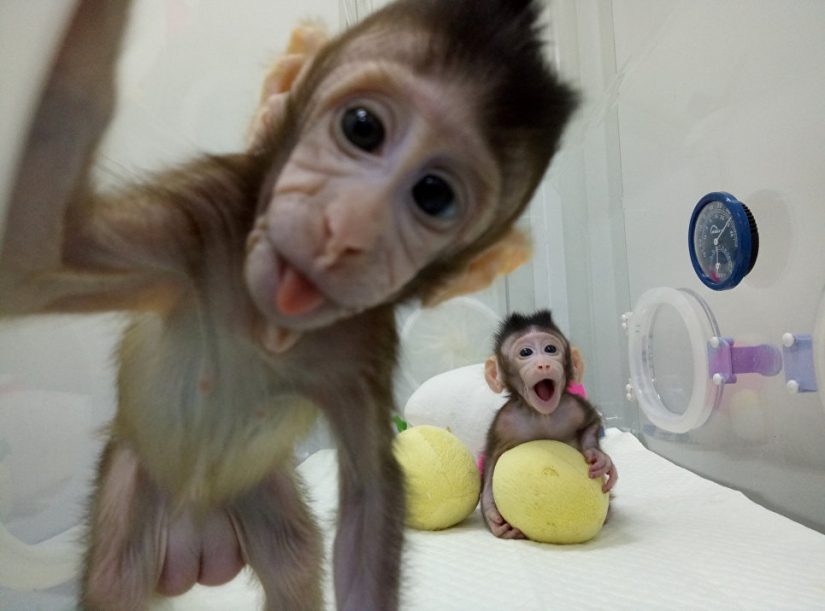
Keywords: China | Cloning | Macaques | Monkeys | Scientists
Post News ArticleRecent articles

It's high time to admit that this whole hipster idea has gone too far. The concept has become so popular that even restaurants have ...

There is a perception that people only use 10% of their brain potential. But the heroes of our review, apparently, found a way to ...
Related articles

We are accustomed to the fact that on the packaging of tea, write "loose" and rarely think about what the word means. Meanwhile, ...

Human intervention in the affairs of nature is extremely rarely successful. Especially a lot of trouble was brought to the ...

The sea is still, you are a woman or a man, if you can hold in their hands an army of 70,000. Chinese Chin si could — she started ...

New Year's is a time to surprise and delight loved ones not only with gifts but also with a unique presentation of the holiday ...